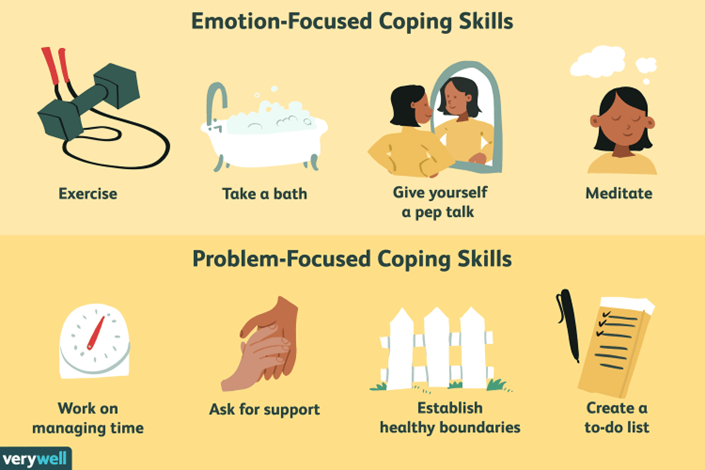A hospice nurse is visiting a client who has terminal cancer. Which of the following statements by the client's partner should the nurse recognize as an indication of anticipatory grief?
"I miss him so much already."
"I am so angry that this is happening to us."
"We are planning a trip for next spring."
"We haven't discussed funeral arrangements."
The Correct Answer is A
When a hospice nurse is visiting a client who has terminal cancer, the statement "I miss him so much already" by the client's partner should be recognized as an indication of anticipatory grief. Anticipatory grief is the grief that occurs before a loss and can include feelings of sadness, longing, and missing the person who is dying.
Option b is incorrect because anger is a common emotion during the grieving process but does not necessarily indicate anticipatory grief.
Option c is incorrect because planning for the future does not necessarily indicate anticipatory grief.
Option d is incorrect because not discussing funeral arrangements does not necessarily indicate anticipatory grief.
Nursing Test Bank
Naxlex Comprehensive Predictor Exams
Related Questions
Correct Answer is A, C, B, D
Explanation
First, the nurse should palpate the brachial pulse site to locate the artery. Next, the nurse should inflate the blood pressure cuff to 30 mm Hg beyond where the brachial pulse was last felt. The nurse should then discontinue palpation of the brachial pulse and deflate the blood pressure cuff slowly until the brachial pulse is detected. This is the point at which the systolic blood pressure can be read.

Correct Answer is B
Explanation
The priority intervention for a client with a new diagnosis of terminal cancer is to discuss the client's prior coping mechanisms. This will help the nurse to understand how the client has coped with difficult situations in the past and to develop a plan of care that is tailored to the client's individual needs and preferences.
Options a, c, and d are also important interventions, but they are not the priority. Helping the client to find a local support group, developing a list of goals with the client, and teaching the client to use progressive relaxation techniques can all be helpful in supporting the client's emotional well-being, but they should be implemented after the nurse has assessed the client's coping mechanisms and developed a plan of care.

Whether you are a student looking to ace your exams or a practicing nurse seeking to enhance your expertise , our nursing education contents will empower you with the confidence and competence to make a difference in the lives of patients and become a respected leader in the healthcare field.
Visit Naxlex, invest in your future and unlock endless possibilities with our unparalleled nursing education contents today
Report Wrong Answer on the Current Question
Do you disagree with the answer? If yes, what is your expected answer? Explain.
Kindly be descriptive with the issue you are facing.
